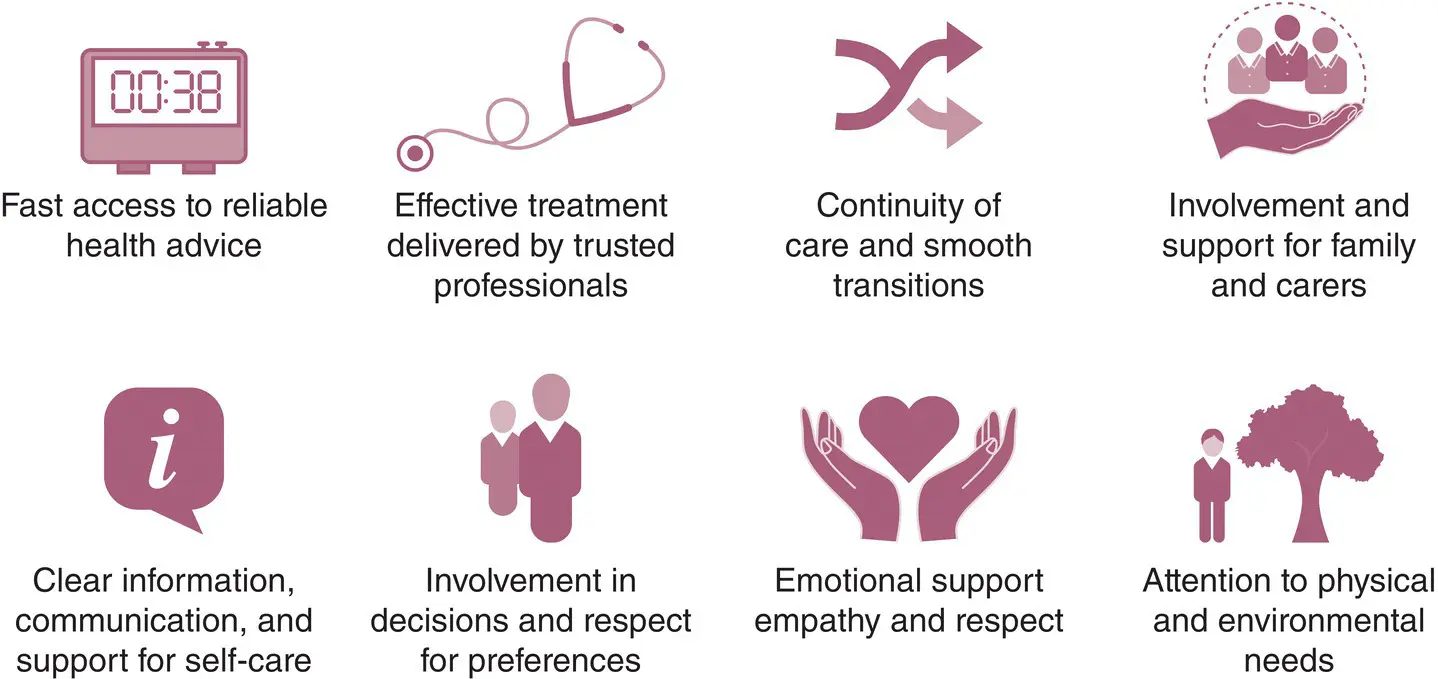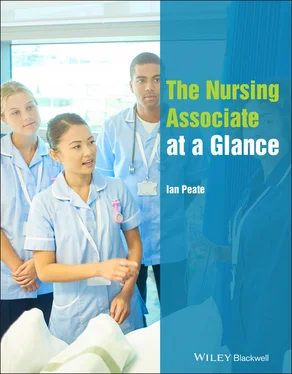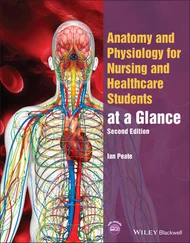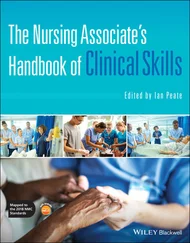Because of the profession in which we work, there are a number of situations, encountered day in and day out, in which our designated boundaries allow for intimate entry into another person’s life experiences. These professional boundaries are important as they provide guidelines that are essential to us as we practise in a professional manner.
As a result of the knowledge and skills that you possess as a Nursing Associate as well as the privilege you have been afforded in being able to, for example, access confidential information, this makes the patient vulnerable, it gives you power as it is you who controls the care that is provided, you have access to an amazing amount of private and personal information; as well as this, you have specialised nursing knowledge.
Boundary violations occur when potentially harmful actions breach the Nursing Associate’s professional relationship with patients (see Box 10.1). The crossing of boundaries can be blurry, they may not be white or black, they are often grey areas and they may require you to make a professional judgement and indeed to seek the professional advice of others. There are a number of potential violations, including any sexual involvement with a patient.
The crossing of a boundary can have ramifications. A boundary crossing has the potential to damage your relationship with your patient, it can cause harm to other patients, it can put colleagues in difficult and unacceptable situations and also cause risk to your employer and the profession. When boundaries are violated, there is a real risk of legal consequences, and the Nursing and Midwifery Council (NMC) may call you to account for your actions. You may also experience harm as the consequence of your actions could lead to distress, and you might experience negative mental health issues.
When the Nursing Associate carries out their role in a professional manner, they recognise and maintain boundaries so as to establish appropriate limits to relationships. Each Nursing Associate has a responsibility to understand professional boundary guidelines and be aware of the possibility and consequences of violating these boundaries.
The NMC (2019) has produced guidance that sets out broad principles to enable registrants to think through issues and act professionally and ensure public protection at all times. Guidance should be read in conjunction with The Code: Professional Standards of Practice and Behaviour for Nurses, Midwives and Nursing Associates.
When social media is used responsibly and in an appropriate manner, social networking sites can offer several benefits to Nursing Associates. They can use social media to connect with an enormous range of professional development resources as well as locating up‐to‐date information regarding nursing issues.
The Nursing and Midwifery Board of Ireland discuss six Ps and social media (see Box 10.2).
11 Advocacy and person‐centred sensitive care
At the point of registration, the Nursing Associate will be able to:provide, promote and where appropriate advocate for non‐discriminatory, person‐centred and sensitive care at all times. Reflect on people’s values and beliefs, diverse backgrounds, cultural characteristics, language requirements, needs and preferences, taking account any need for adjustments.

Figure 11.1 Eight principles associated with quality improvement (Picker Institute Europe, 2020).
Table 11.1 The four principles of person‐centred care (Health Foundation, 2016).
| Affording people dignity, compassion and respect.Offering coordinated care, support or treatment.Offering personalised care, support or treatment.Supporting people to recognise and develop their own strengths and abilities to enable them to live an independent and fulfilling life. |
Table 11.2 PANEL principles (Scottish Human Rights Commission, 2020).
| Participation |
Everyone has the right to participate in decisions that affect their human rights |
| Accountability |
Effective monitoring as well as effective remedies for breaches in human rights |
| Non‐discrimination and equality |
All forms of discrimination must be prohibited, prevented or eliminated |
| Empowerment |
Individuals and communities should know their rights |
| Legality |
Needs to be recognised that rights are legally enforceable |
Discrimination is not only offensive – it is also illegal.
Person‐centred sensitive care
One of the central components of quality healthcare is patient experience. Positive associations have been identified between patient experience, patient safety, clinical effectiveness and a non‐discriminatory approach. People’s experiences of care provision have to be understood and responded to so as to improve care delivery and quality. The Picker Institute Europe (2019) have identified eight Principles of Person‐Centred Care that provide a quality improvement framework. These principles can be used to enable individuals and organisations to understand the experiences of those who use services and staff so as to assist with quality improvement (see Figure 11.1).
There is no single agreed definition of the term ‘person‐centred care’. This concept is used to refer to several different principles and activities. Person‐centred care is very much a dynamic, fluid concept. If the Nursing Associate is to offer care that is person centred, then what this looks like will very much depend on individual needs, unique circumstances and the personal preferences of the person receiving care. What might be important to one person with regards to their health and well‐being needs may be unnecessary, or even unacceptable, to another. It should also be remembered that individual needs may change over time. The Health Foundation (2016) has identified a framework that embraces four Principles of Person‐Centred Care (see Table 11.1).
Whenever the Nursing Associate is offering care to people, this should be guided by the principles outlined in Figure 11.1and Table 11.1. The provision of person‐centred care, within any healthcare experience, involves a combination of these guiding principles, along with adherence to the tenets outlined in the Code.
The roles of the Nursing Associate are varied and complex, and acting as an advocate is one of those roles. Underpinning all chapters of this text is the therapeutic Nursing Associate–patient relationship. This relationship, a helping relationship that is steeped in trust, is a special relationship that should never be taken for granted. The Nursing Associate at all times is required to provide, promote and where appropriate advocate for non‐discriminatory, person‐centred and sensitive care. This has to take into account people’s values and beliefs, their backgrounds, cultural characteristics, language requirements, their needs and preferences and to make any adjustments where necessary.
In order to provide contemporary care, there is a need for fundamental changes in how health and social care professionals deliver care. An important change requires ensuring the delivery of care, treatment offered and services provided reflects a rights‐based approach, which requires that the person is at the centre of all we do. In advocating for people, the challenge is to positively manage risk and deliver care amid complex legal and ethical processes that have to guide practice.
Читать дальше













